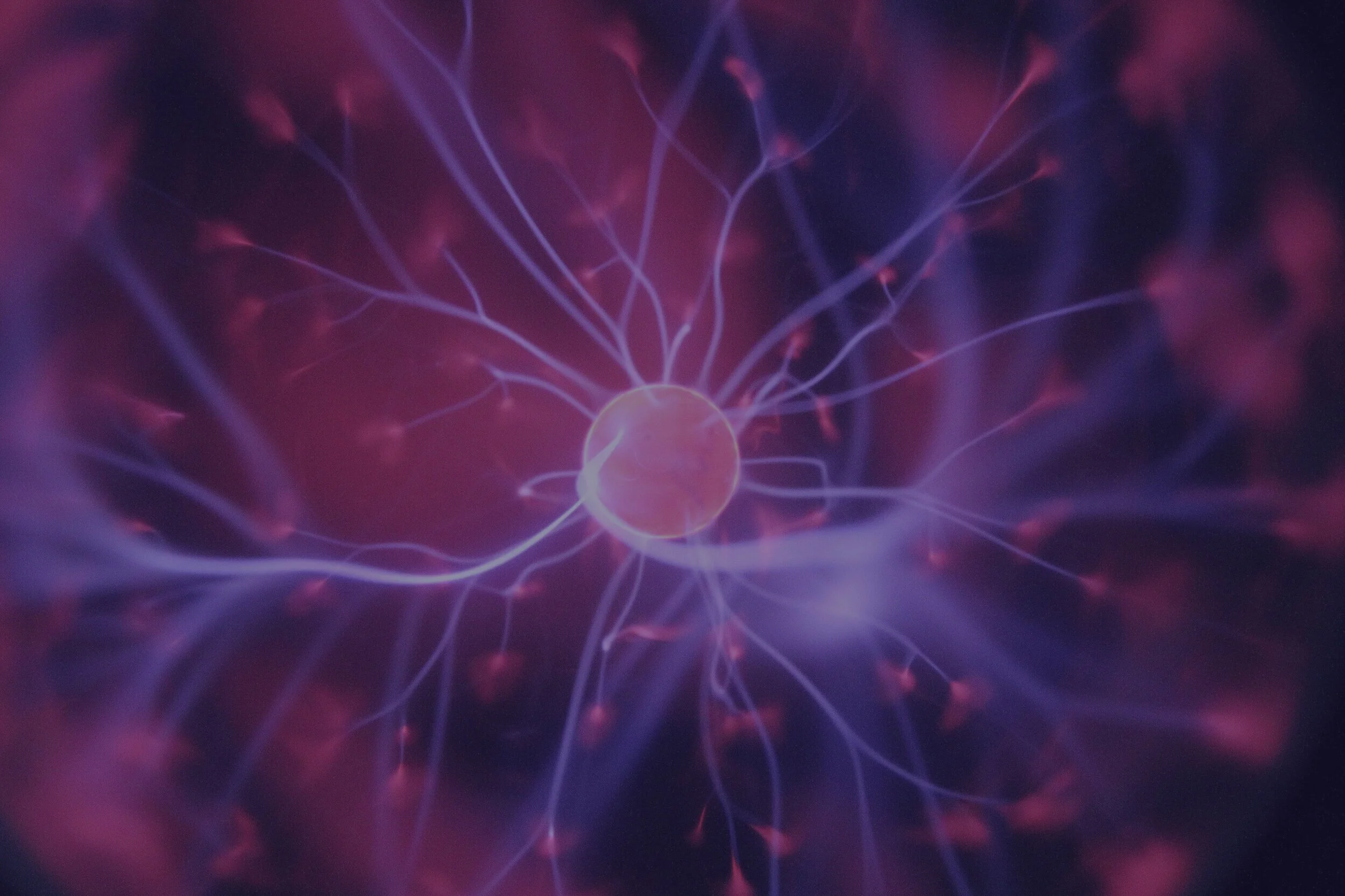Published on MediaPost, 27 March 2020.
Ten years ago this week, we published one of my favorite articles of all time. I think it still holds true, and I've asked the MediaPost editors to republish it. I hope you find it useful.
This week, I'm writing from the Springboard program, a venture accelerator based at Cambridge University. Ten startups, 13 weeks, 100 mentors, one giant pitch night. Intense.
On the first day, we had a couple of founders come in to share stories with us. "Don't worry about someone stealing your idea," one said. "They're either lazy, in which case they'll never do anything about it, or they're not lazy, in which case they're doing their own idea." For me, though, there's another reason why nobody will steal your idea. It's the reason why it is so hard to get a startup off the ground, and why founders get less sleep than parents with octuplet newborns.
It is Colbin's Theory of Reverse Startup Relativity, and it's a question of physics.
Einstein's original theory says that matter is energy and energy is matter, and that we can convert the one to the other: energy on one side of the equation, mass on the other.
Consider the multiplier, though. You have to multiply a given bit of matter by the speed of light squared to figure out how much energy it would generate. That's a big number. In practical terms, this theory explains why the energy released from splitting an atom can level a city.
Nuclear weapons demonstrate how the theory works in one direction: from matter to energy. In a startup, though, you're going the other way around. You're taking an idea and trying to magic it up into something real. You are using your mind and your voice and your vision and your charm and all your powers of persuasion to get people to see this thing that is not yet real, to believe in it as if it were real, and to invest their own time, money and passion to make it become real.
A single atom creates a nuclear bomb, and that's how it works in reverse: you have to pour a practically inconceivable amount of energy into an idea to turn it into something tangible. You have to live it and breathe it. You have to be willing to tell your story a hundred times a day, every day, for years, without losing a micron of passion, and you have to have a whole team of people around you who are doing the same. You have to multiply your idea times the speed of light squared in order to turn it into an actual company.
This is why people invest in teams, because it is virtually impossible for a single person to generate enough energy to make the intangible tangible. It also explains why so many people come back to the startup world again and again: because that feeling of creating something solid from something ephemeral, of having a thought and then seeing it manifest, is completely and utterly addictive. It strikes at the core of our creative impulse, and it feels gooood.
If you are in a startup and it seems hard, that's because it is. It is hard work to turn an idea into something real. It requires your total commitment and your unwavering faith. But those things that require the greatest commitment are often the things that are the most rewarding, the things that make us feel most alive.
I'd love to hear your own startup stories in the comments and, as always, feel free to connect with me on Twitter. And may you have every success in your venture.
Ngā mihi mahana,
Kaila
Kaila Colbin, Certified Dare to Lead™ Facilitator
Co-founder, Boma Global // CEO, Boma NZ


